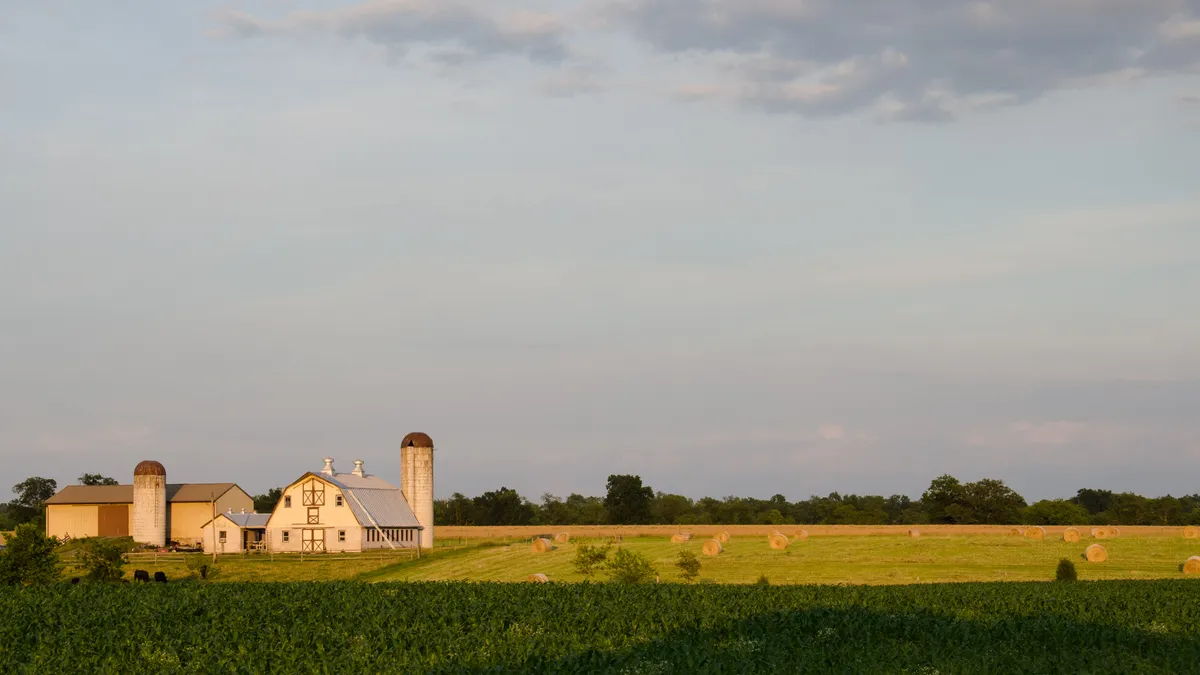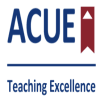Dive Brief:
-
Education Design Lab, a nonprofit focused on improving the connections between school and work, selected five rural community colleges to create new postsecondary educational pathways.
-
The participants are the College of Eastern Idaho; Eastern Maine Community College; Finger Lakes Community College, in New York; and Washington State Community College and Zane State College, both in Ohio.
-
The project aims to help the colleges find new ways to assist their students and identify educational models that expand economic opportunities in these communities.
Dive Insight:
About two dozen large cities and regions accounted for most of the job growth in the past decade, while rural counties tend to have fewer jobs than they did before the Great Recession, according to a 2019 report from the McKinsey Global Institute. Automation is likely to grow those divisions over the next 10 years.
Colleges could help mitigate some of these trends, such as by adding new pathways to the workforce and making the credential marketplace more transparent, the authors suggested. Yet adults who live in urban areas have higher rates of bachelor's degree completion than rural residents — a divide that has also widened in recent years, The Atlantic reported.
With the help of a $1.9 million grant from the Ascendium Education Group, a student loan guarantor and philanthropist, participating colleges will work with EDL over the next three years to develop and scale educational pathways that fill workforce needs.
The project is EDL's first solely aimed at rural America. The nonprofit will also publish an analysis of the needs of rural learners and highlight models to bring their communities more economic opportunity.
"The idea is that the learning we can do will be shared with the field," said Don Fraser, chief program officer at EDL. Fraser added that working with an entire cohort helps create more examples of models and programs that could scale.
Rural learners may lack access to technology, high-speed internet or training for high-demand careers, Maine college officials said.
Some students also may be unsure of their academic abilities, said Dave Daigler, president of the Maine Community College System. "How do we reward them with a series of successes?" Daigler said. "Microcredentialing might have an opportunity there as a way to build learner confidence."
Other community colleges have also taken steps to better serve rural learners. South Texas College has run dual-enrollment programs for years aiming to build a college-going culture in the Rio Grande Valley, home to many rural and lower-income communities. Some of the programs let students simultaneously earn their high school diplomas and associate degrees, and they host weekly seminars to teach students college and job skills.
Students in rural regions also often live in educational deserts.
California's Shasta County, for instance, has no public, four-year colleges. To help students there obtain bachelor's degrees, Shasta College serves as a home base for learners while they complete an online four-year program at a participating university, according to a 2019 report from the Institute for Higher Education Policy.














